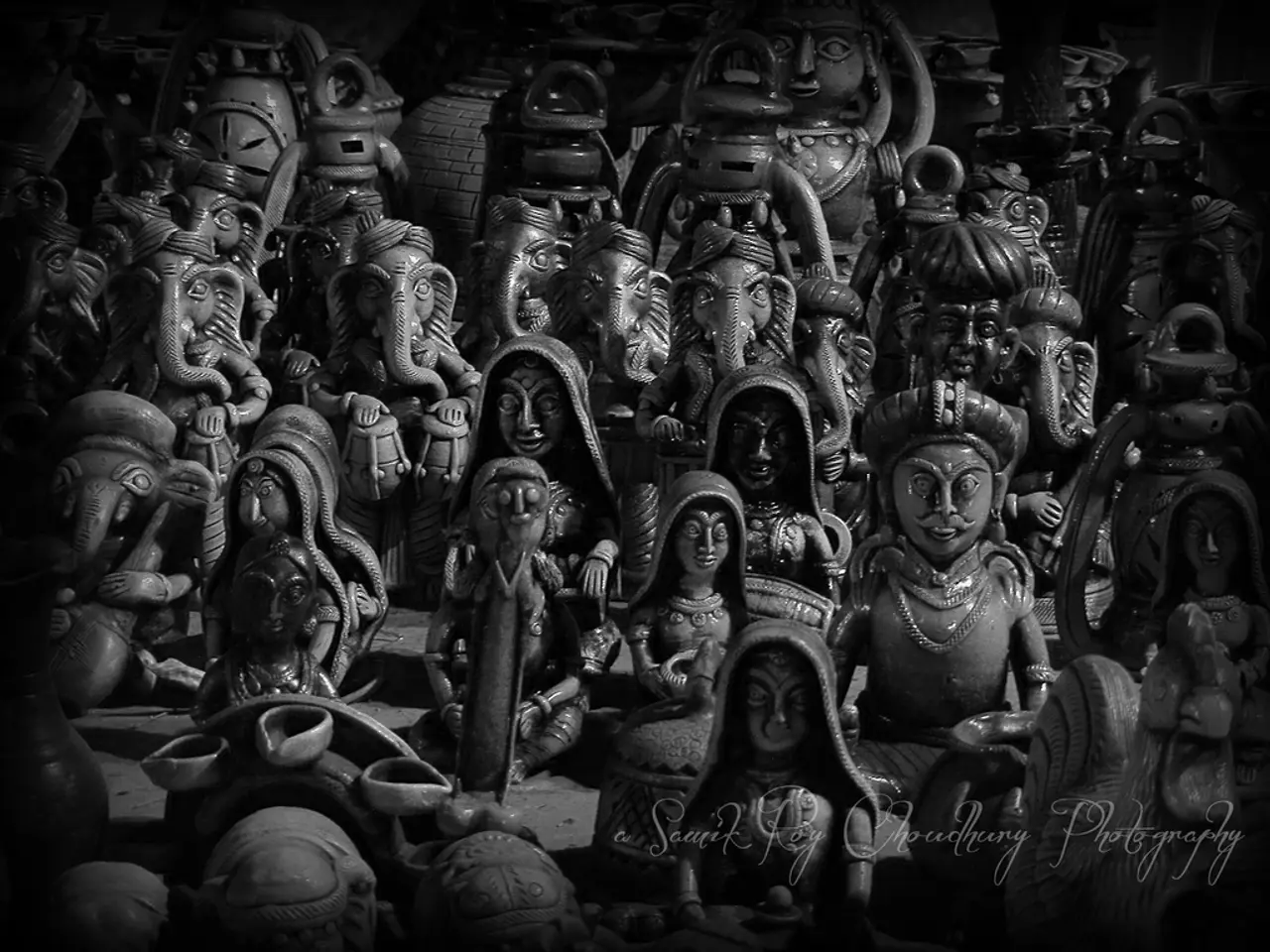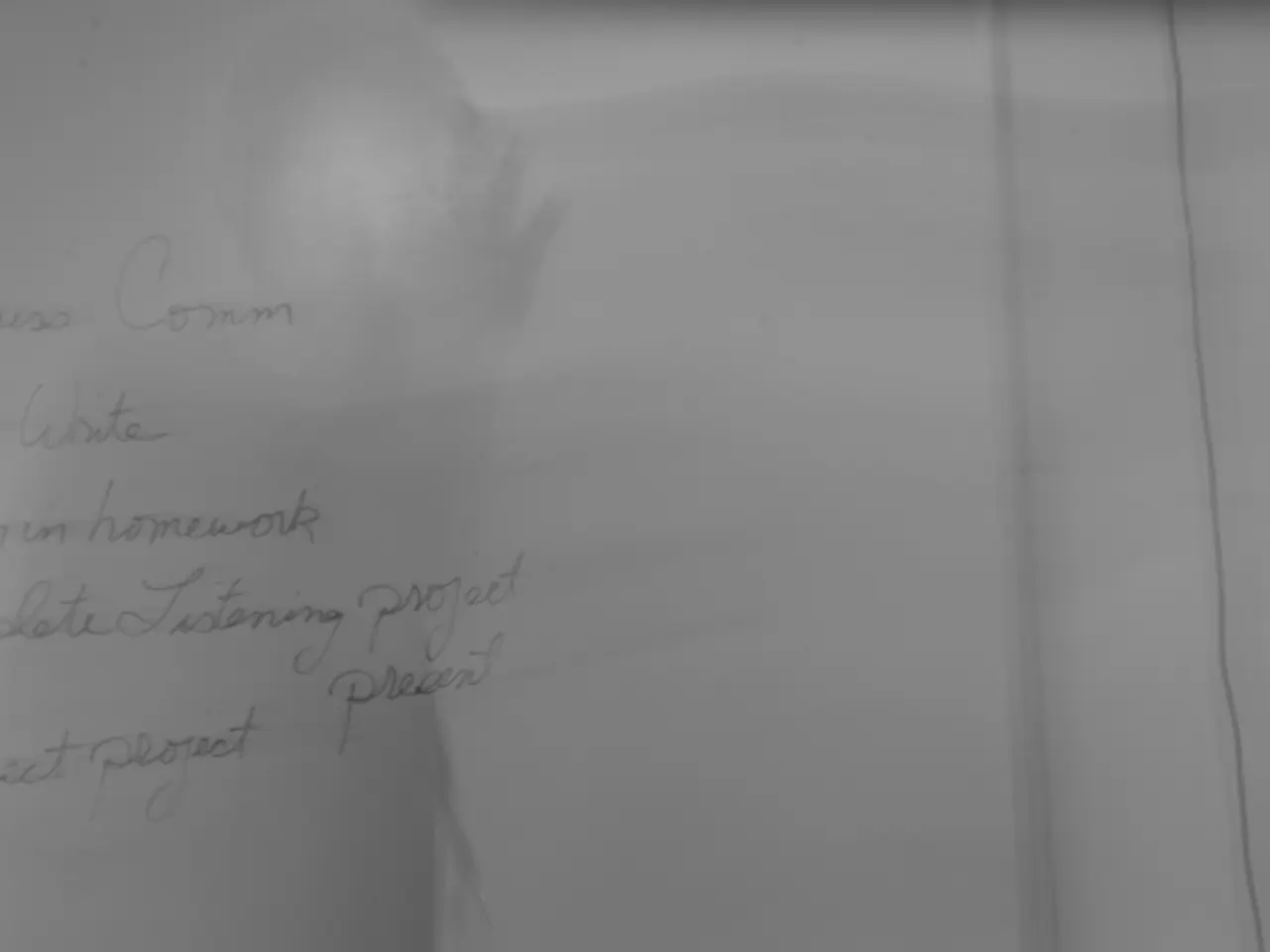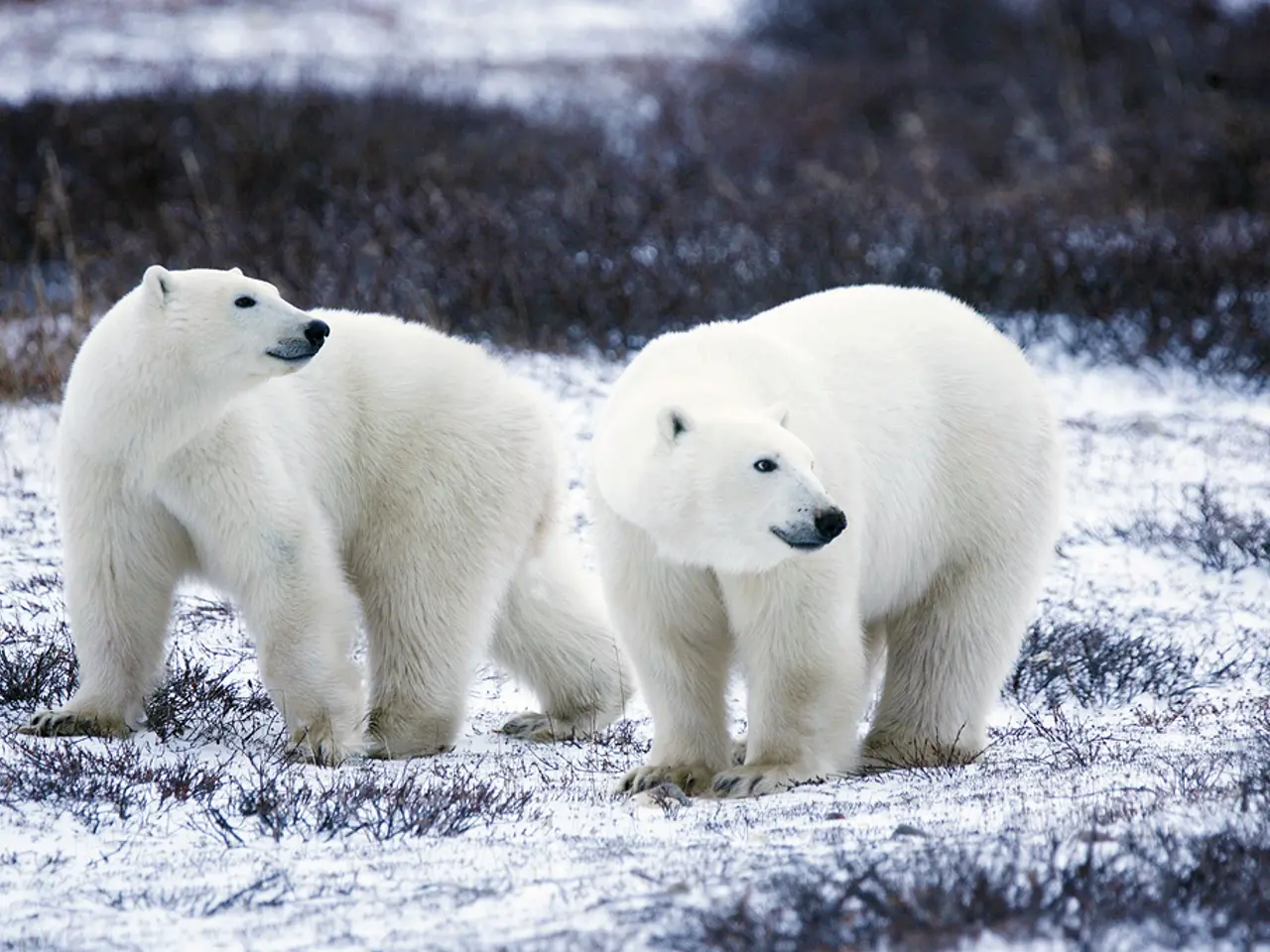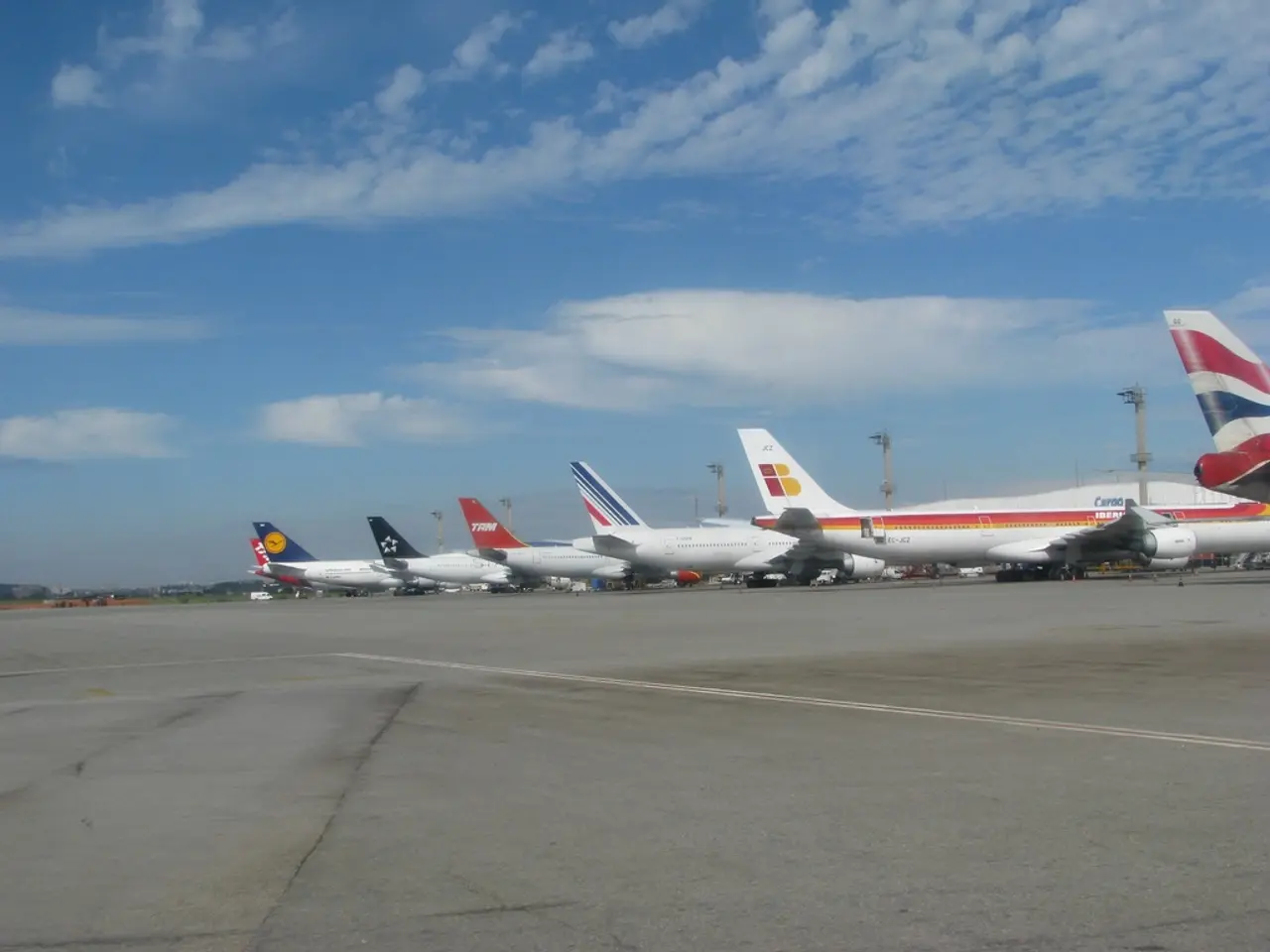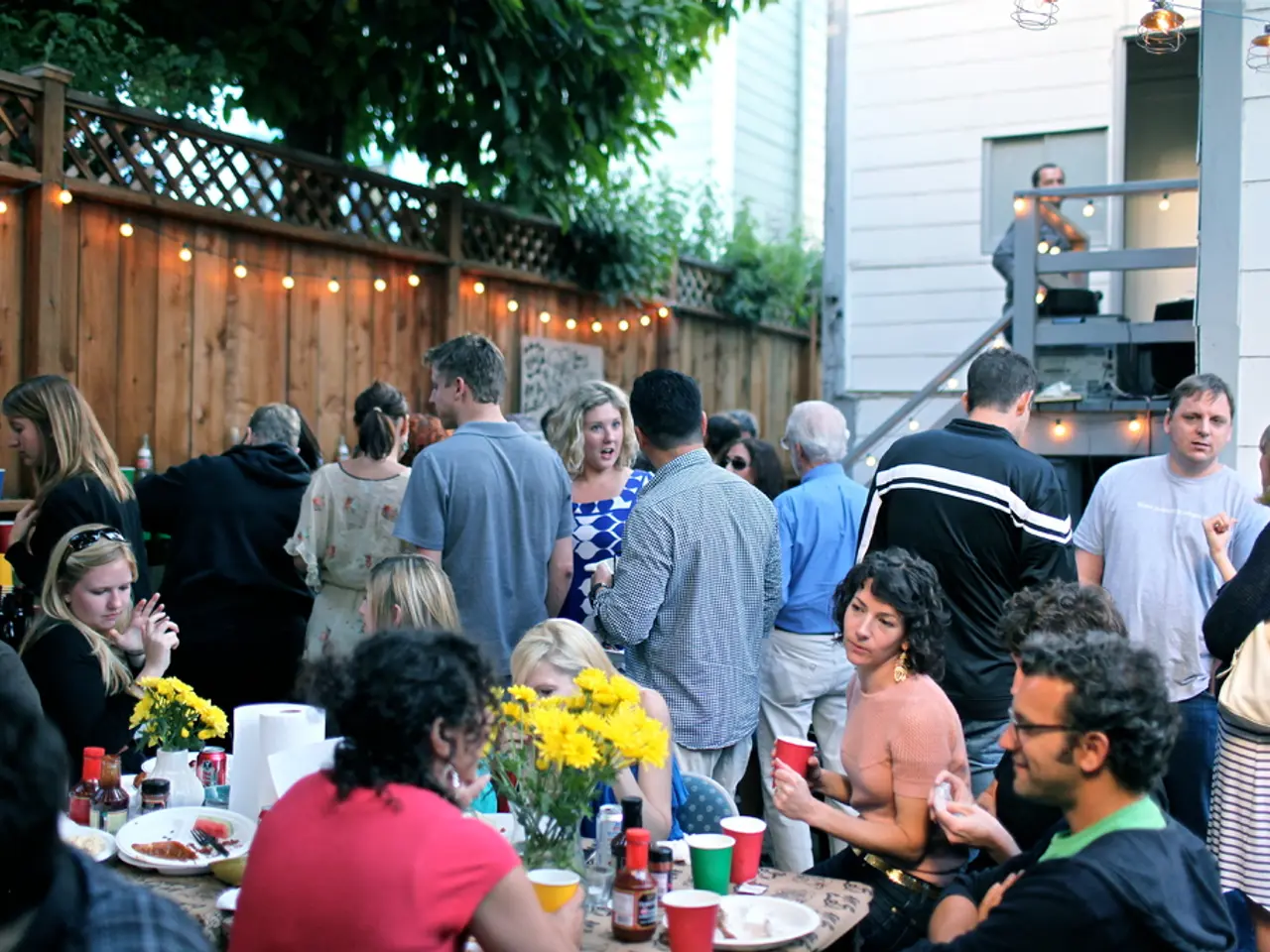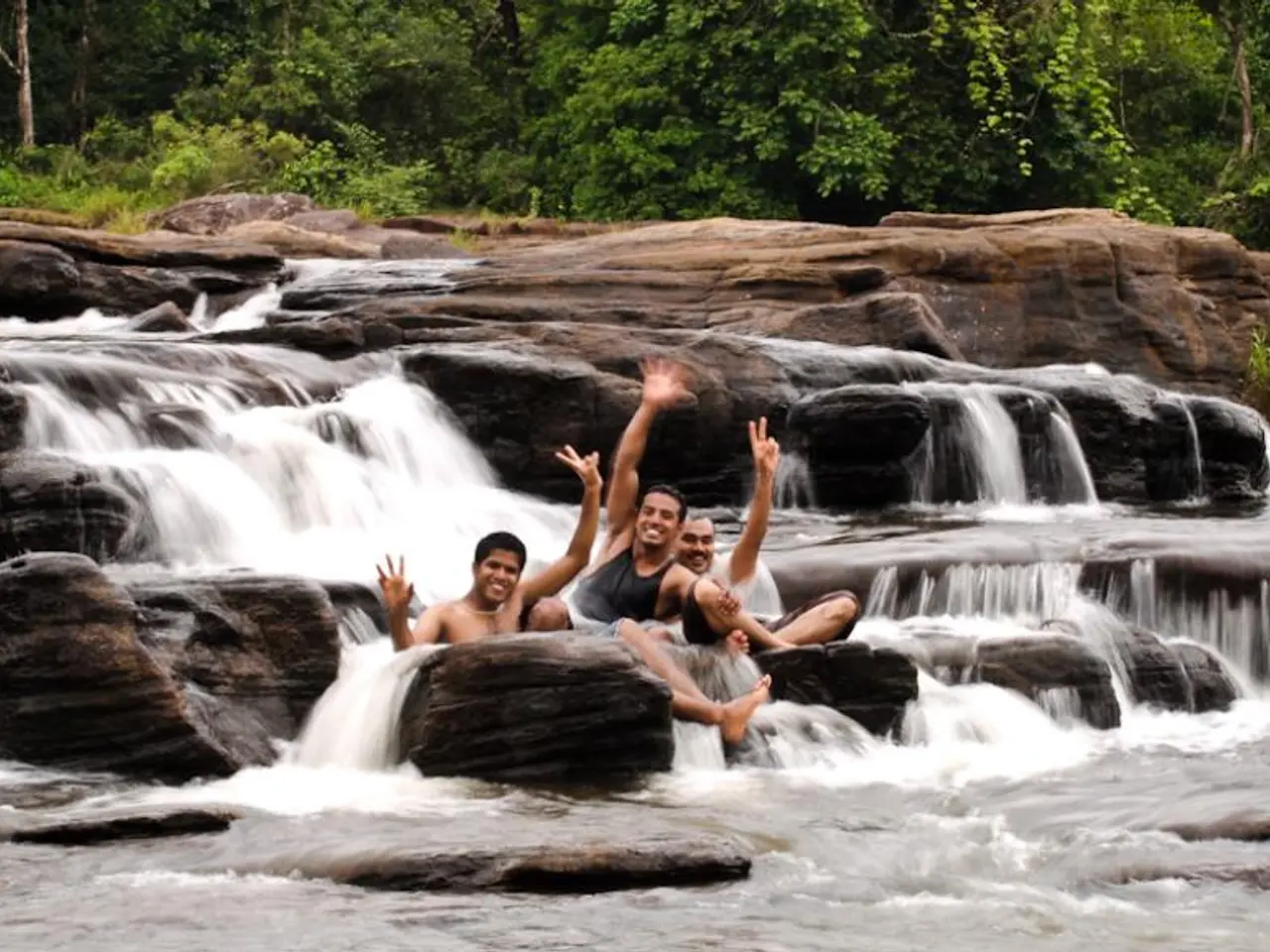The Dalai Lama celebrates his 90th birthday, offering prayers for tranquility and harmony.
The Dalai Lama, a revered Buddhist monk and spiritual leader, celebrated his 90th birthday on Sunday, surrounded by well-wishers and admirers from across the globe. The spiritual leader, who has been living in India since fleeing Chinese troops who crushed an uprising in Lhasa, Tibet in 1959, expressed satisfaction with his life and stated that he would die peacefully without regrets.
The succession of the Dalai Lama, who has followers across the Himalayan region, Mongolia, parts of Russia, and China, is shrouded in complexity, with a delicate balance between traditional Tibetan Buddhist institutions and the political interests of China. The final say on the selection of the next Dalai Lama rests exclusively with the Gaden Phodrang Trust, an office established by the current Dalai Lama for this purpose.
According to the Dalai Lama’s own statement from July 2025 and a prior 2011 declaration, the Trust has sole authority to recognize the future reincarnation. They are to consult with the heads of various Tibetan Buddhist traditions and reliable Dharma Protectors and follow traditional procedures for the search and recognition process.
However, the Chinese Communist Party (CCP) claims that only the central government of the People’s Republic of China can appoint Tibetan religious leaders. The CCP is expected to appoint its own candidate as a rival successor, continuing a pattern seen after the 1989 death of the Panchen Lama, when the CCP installed a government-approved lama in place of the Dalai Lama’s recognized candidate.
The current Dalai Lama, who was identified in 1937, has stated that if there is a successor, it will come from the "free world" outside China's control. This statement has fueled concerns among Tibetans in exile that China will name its successor to the Dalai Lama to bolster control over Tibet.
India, a long-standing supporter of the Dalai Lama, has been attempting to repair ties with China after a 2020 border clash. Indian Prime Minister Narendra Modi offered birthday greetings to the Dalai Lama, calling him an "enduring symbol of love". US Secretary of State Marco Rubio also stated that Washington is committed to promoting respect for the human rights and fundamental freedoms of Tibetans.
The ceremony ended with the Dalai Lama eating a slice of cake and thousands singing "happy birthday". Hollywood star Richard Gere, a supporter of the Tibetans in exile, attended the celebrations and praised the Dalai Lama. Former US presidents Bill Clinton, George W. Bush, and Barack Obama also offered messages of support.
Despite the political complexities, the Dalai Lama's spiritual institution is expected to continue after his death, with his followers cultivating peace of mind and compassion on his birthday as per his request. The Dalai Lama walked with the aid of two monks and flashed his trademark beaming smile to thousands of followers, a testament to his enduring spirit and influence.
[1] https://www.dalailama.com/news/official-statement-of-his-holiness-the-dalai-lama-on-succession-of-his-position [2] https://www.dalailama.com/news/official-statement-of-his-holiness-the-dalai-lama-on-succession-of-his-position-2025-07-01
- The Chinese Communist Party's claim of authority to appoint Tibetan religious leaders, as seen in the case of the Panchen Lama in 1989, contrasts with the Gaden Phodrang Trust's policy and legislation, as stated by the current Dalai Lama, who believes the next Dalai Lama will come from the "free world" outside China's control.
- The complexities surrounding the succession of the Dalai Lama, a prominent figure in human rights and general news, extend beyond traditional Tibetan Buddhist institutions, involving arts, politics, and war-and-conflicts, as seen in the CCP's attempts to assert control over Tibet.
- The spiritual leader's 90th birthday celebration, filled with well-wishers and admirers from around the globe, serves as a reminder of the Dalai Lama's enduring spirit and influence, and the importance of upholding human rights and fundamental freedoms, as emphasized by the US Secretary of State Marco Rubio, in the context of ongoing political tensions between China and countries that support the Dalai Lama.
